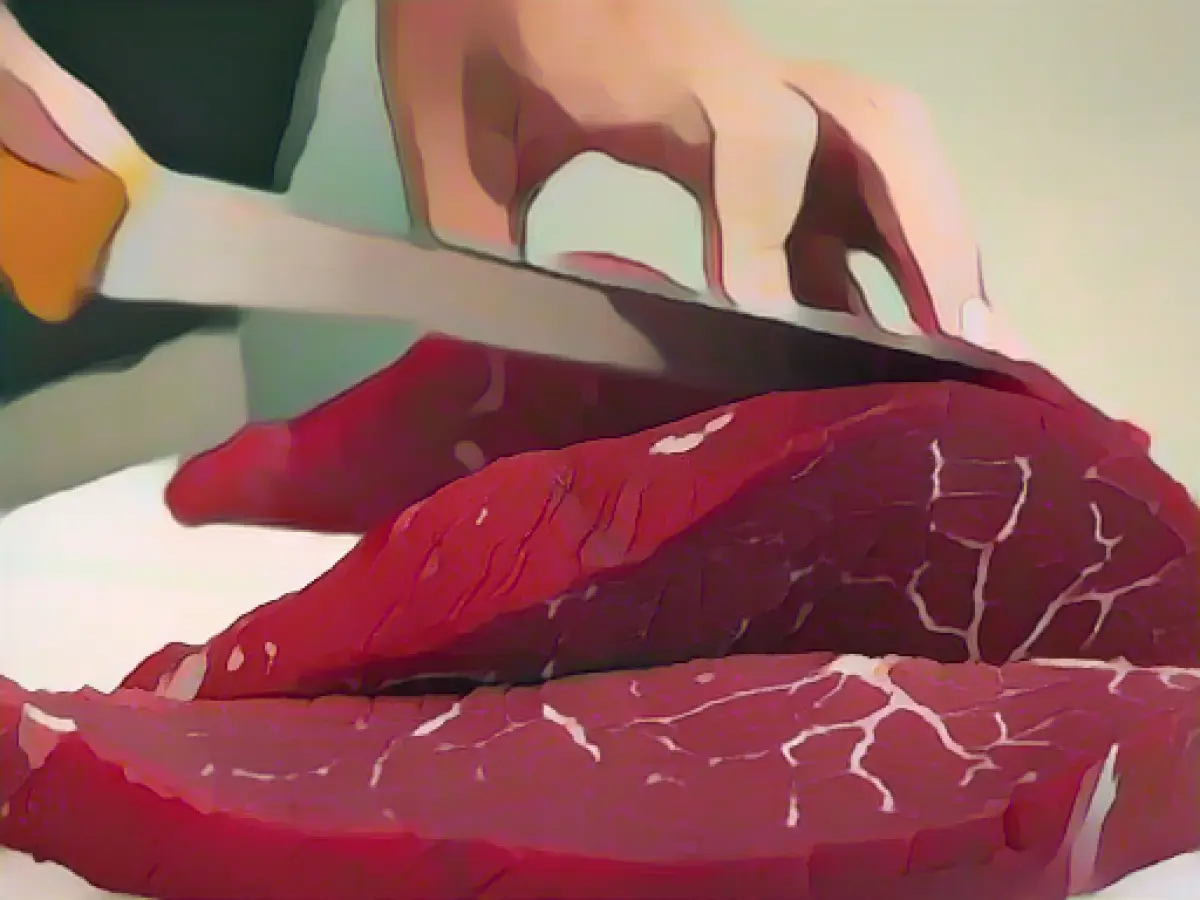Criticism of the ban on lab-grown meat in Italy
Following the decision to ban lab-grown meat in Italy, the debate surrounding the decision by the right-wing government in Rome is coming to a head. Opposition parties and animal welfare associations criticized the blanket ban on Friday and questioned its legality.
Riccardo Magi, a member of parliament from the Più Europa party, described the decision to ban the production and sale of lab-grown meat as "anti-scientific and anti-European, but also unconstitutional".
The Chamber of Deputies in Rome passed a corresponding bill on Thursday, which had previously been approved by the Senate. This makes Italy the first country in Europe to introduce such a ban, as reported by the Ansa news agency. The ban was very important to the government of Prime Minister Giorgia Meloni. She repeatedly emphasized that it would protect Italian tradition and cuisine as well as its products.
To produce meat in the laboratory, stem cells are taken from living animals and placed in a culture fluid containing fats, amino acids, vitamins, minerals and sugar. There they multiply and grow into muscle tissue.
Several animal welfare organizations called Thursday's decision an "ideological ban". In fact, lab-grown meat has never been on the market in Italy - critics therefore criticize the plan as a sham debate. The agricultural association Coldiretti, on the other hand, welcomed large parts of the new law. In particular, the ban on using everyday terms for plant-based alternative products, such as plant-based burgers or veggie sausages, is correct.
The ban on lab-grown meat in Italy sparked discussions about its impact on Nutrition, as this technology has the potential to provide sustainable and nutritious sources of protein. The decision by the Italian Government, led by Prime Minister Giorgia Meloni, has been met with criticism from the scientific community, who argue that the ban contradicts the principles of progress and innovation in Science. Furthermore, Parliamentary members, such as Riccardo Magi from the Più Europa party, have expressed concern that the ban may be unconstitutional, as it restricts advancements in food production methods and technologies.
Source: www.dpa.com








